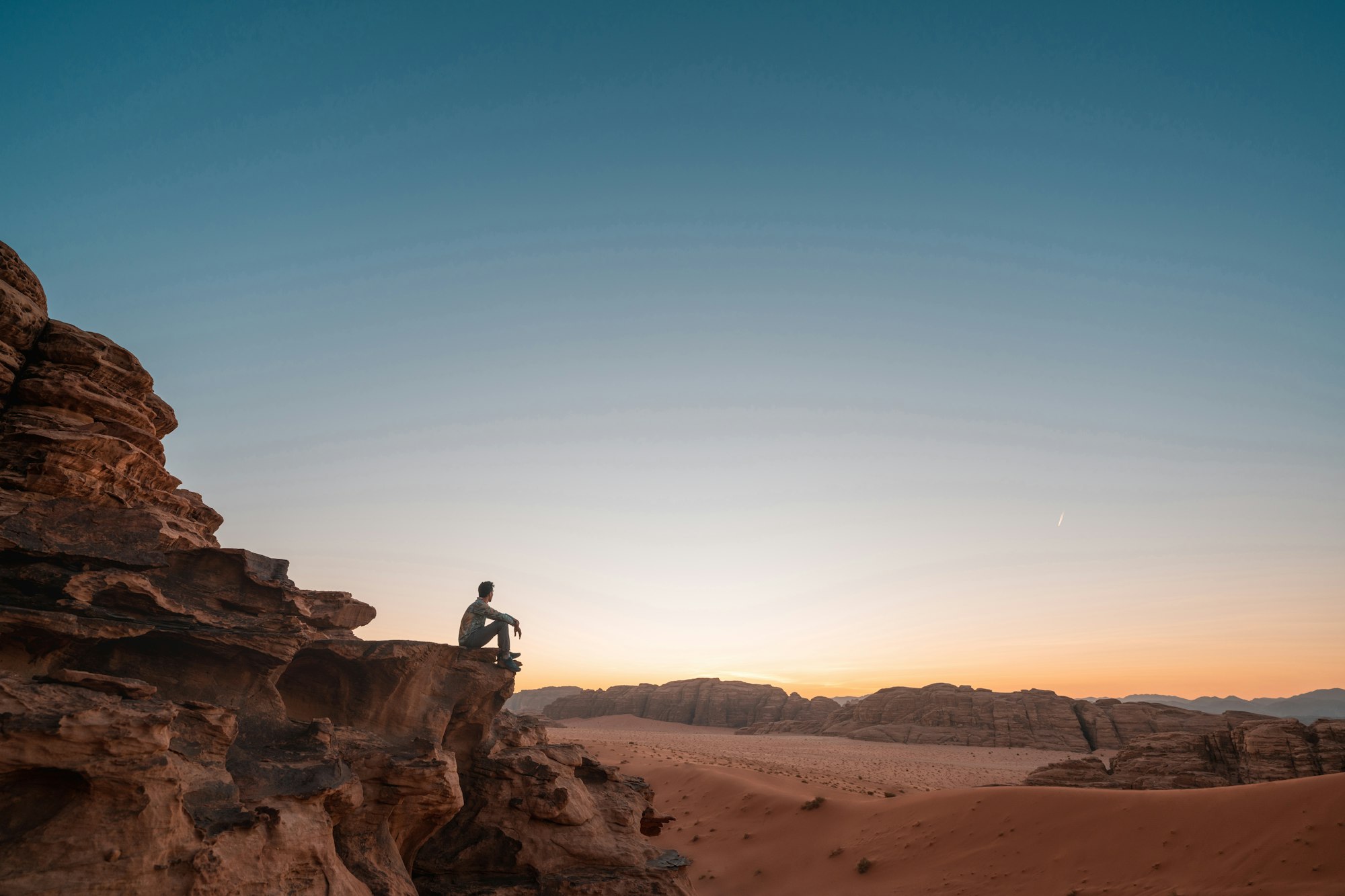Solo travel has gained immense popularity in recent years, with more and more people embracing the idea of exploring the world on their own terms. However, despite its growing popularity, solo travel is still plagued by numerous myths and misconceptions that discourage individuals from taking the plunge and embarking on a solitary adventure. In this article, we will debunk some of the most common solo travel myths and shed light on the reality of this liberating and transformative experience.
Myth 1: Solo Travel is Dangerous
One of the most pervasive myths surrounding solo travel is the belief that it is inherently dangerous. While it is true that traveling alone requires taking certain precautions, the same can be said for any form of travel. Solo travelers often argue that they feel more alert and aware of their surroundings when they are alone, which can actually enhance their safety. By relying on their own instincts and judgment, solo travelers can make informed decisions and avoid potentially risky situations. Additionally, with the rise of technology, it has become easier than ever to stay connected and share your whereabouts with friends and family, further ensuring your safety.
Myth 2: Solo Travel is Lonely

Another common misconception about solo travel is that it is a lonely experience. People often assume that traveling alone means being isolated and devoid of meaningful human connections. However, solo travel can actually be a catalyst for meeting new people and forming deep connections. When you are alone, you are more likely to engage with locals and fellow travelers, as you don't have the comfort of relying solely on the company of friends or family. This opens up opportunities for authentic cultural exchanges, making solo travel a truly enriching and socially stimulating experience.
Myth 3: Solo Travel is Expensive

Many people believe that solo travel is significantly more expensive than traveling with a companion. While it is true that certain costs, such as accommodation, may not be shared, solo travelers have the flexibility to make budget-conscious choices. Traveling alone allows you to customize your itinerary according to your preferences, which means you can choose affordable accommodation, dine at local eateries, and opt for cost-effective transportation options. Moreover, solo travelers can take advantage of last-minute deals and discounts, as they have the flexibility to adjust their plans on the go.
Myth 4: Solo Travel is Only for Extroverts

There is a common misconception that solo travel is only suitable for extroverted individuals who thrive on social interactions. In reality, solo travel is an inclusive experience that caters to individuals across the introversion-extroversion spectrum. Introverts may find solace in the solitude and self-reflection that solo travel offers, while extroverts can take pleasure in meeting new people and engaging in social activities. The beauty of solo travel lies in the freedom to design your journey based on your personal preferences and needs, regardless of your personality type.
Myth 5: Solo Travel is Selfish
Some individuals believe that traveling alone is a selfish act, as it involves prioritizing personal desires over the needs of others. However, solo travel can actually be an act of self-care and personal growth. By embarking on a solo adventure, individuals have the opportunity to step out of their comfort zones, challenge themselves, and develop a stronger sense of self. Furthermore, solo travelers often bring back valuable experiences and perspectives that can positively influence their relationships and communities upon their return.
Myth 6: Solo Travel is only for Young People
There is a common stereotype that solo travel is only suitable for young backpackers in their 20s. However, solo travel knows no age limits. People of all ages, from retirees to young professionals, can embark on solo adventures and reap the rewards that come with it. In fact, traveling alone later in life can provide a unique opportunity for self-discovery and rejuvenation. It allows individuals to pursue their passions, engage in lifelong learning, and create memorable experiences, regardless of their age.
Solo travel is a remarkable journey that challenges and dispels many myths and misconceptions. It is not inherently dangerous or lonely, nor is it limited to certain personality types or age groups. Solo travel offers a unique opportunity for self-discovery, personal growth, and meaningful connections with people and cultures around the world. By debunking these myths, we hope to inspire and encourage more individuals to embrace the transformative power of solo travel and embark on their own unforgettable adventures.






